top of page
Specialities
You may have a common diagnosis such as depression, anxiety or ADHD. Therapy or coaching can help you learn to better understand your brain and emotions, whether that means taking medication, learning new coping skills, or making changes in your relationship or career.
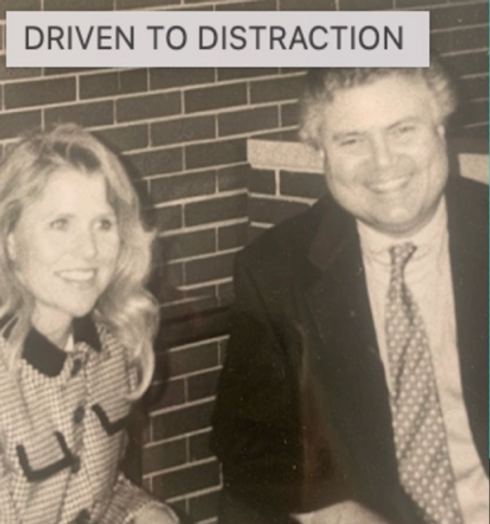
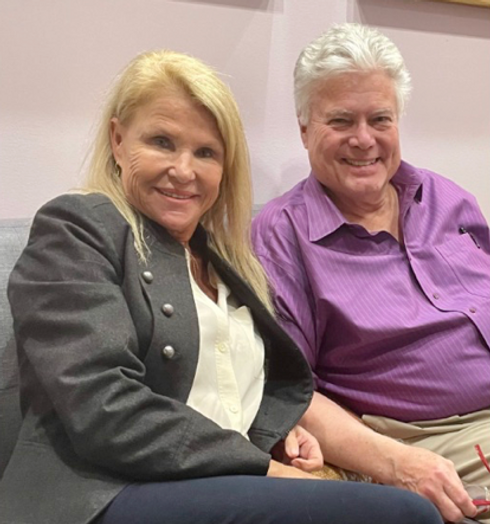
My mentor Ned Hallowell, MD. His first book, Driven to Distraction, changed my life and private practice.
I began telling my clients I had ADHD too in the 90’s following his lead.
I trained with Ned when the idea of “coaching” was first gaining popularity.
Attention Deficit Hyperactivity Disorder (ADHD)

I started working with ADHD in the 80’s, long before it was a popular topic on social media. Having ADHD myself and treating hundreds of children, adults and teens, has given me the expertise and skills to help you. I will help you that ADHD is brain based let go of past negative messages or failures and accept yourself as you are including your neurodiversity and recognize your many strengths.You will decide what you want help in changing, whether it be executive functioning, emotional regulation, or parenting a child with ADHD.
ADHD Couples Therapy
All couples have challenges with communication and conflict resolution, but there are often unique issues when one or both partners have ADHD. I have helped many couples work on improving their relationship, focusing on strengths, and re-connecting as a couple.
The challenges of ADHD, such as forgetting, not listening, being distracted, are best understood from the lens of neurodiversity rather than interpreting as a character flaw. New skills in communication from DBT and reframing one’s thoughts and behaviors from a different perspective can help struggling relationships.
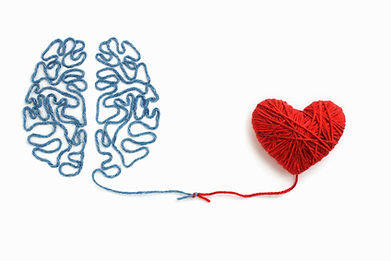
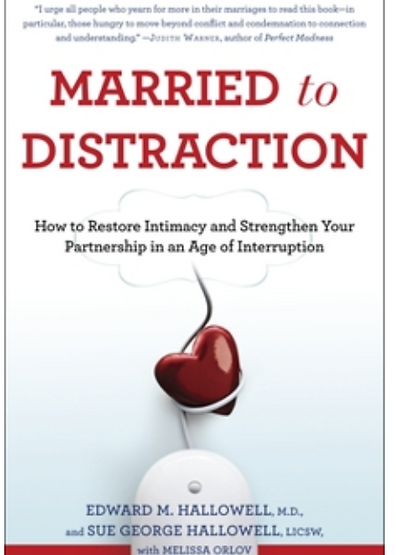.png)
.png)
Happily married couple over 30 years! (but not my clients)
Anxiety Disorders & Depression

We all deal with anxiety and stress in our lives. Generalized anxiety, social anxiety or obsessive-compulsive disorder can be challenging to manage, but Cognitive Behavior Therapy and Dialectical Behavior Therapy offer effective strategies to cope. Depression may be situational due to life losses, but if it persists, it may indicate a neurobiological chemical imbalance based in the brain. Breathing, meditation, and other emotional regulation techniques can be calm the parasympathetic nervous system, but in some cases, medication prescribed by a psychiatrist is indicated. I can help you seek relief from a mood disorder.
Trauma
Many people carry emotional wounds from childhood, toxic relationships, and traumatic events, which may result in hypervigilance, being easily triggered and negative beliefs, such as “I am unlovable, I am not good enough. Talk therapy combined with Eye Movement Desensitization Reprocessing Therapy (EMDR) has been shown to be highly effective in treating unprocessed trauma. I am trained in EMDR and I can help your recovery from trauma.
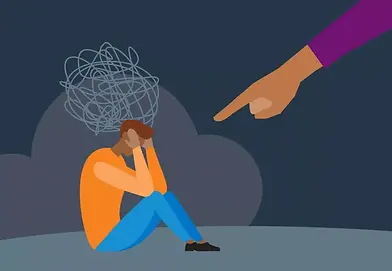
I incorporate Cognitive Behavior Therapy (CBT) and Dialectical Behavior Therapy, (DBT) approaches, and am trained in trauma work using EMDR.

I will engage with you in an authentic way, as a professional, but also as a person. I listen, but also provide feedback and guidance in a direct, yet supportive, manner. I use psychoeducation to teach clients skills needed to better manage life’s challenges whether it be around relationships, career, parenting or divorce.
bottom of page